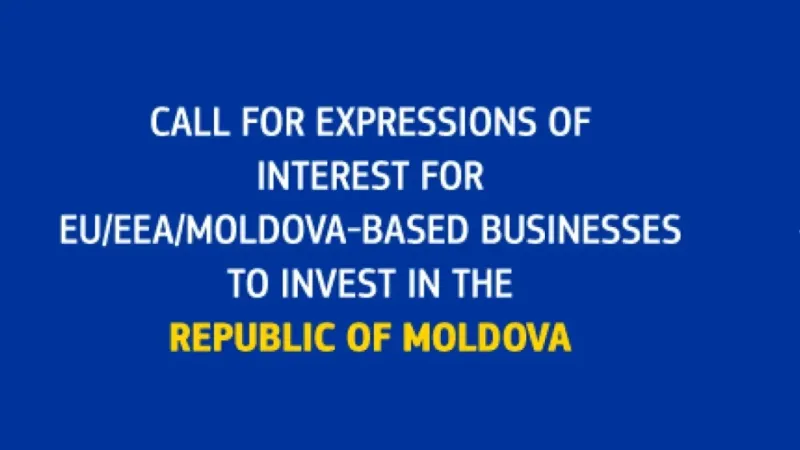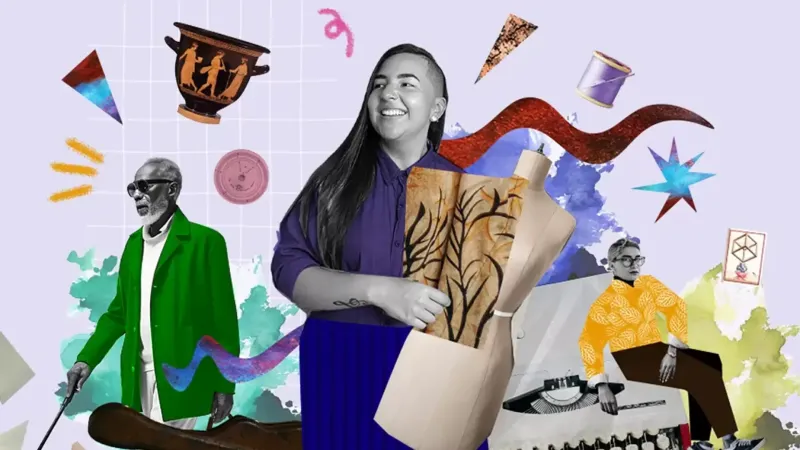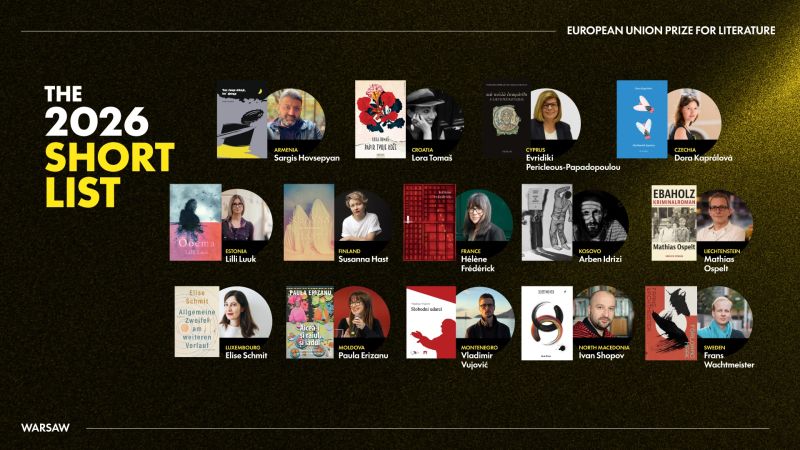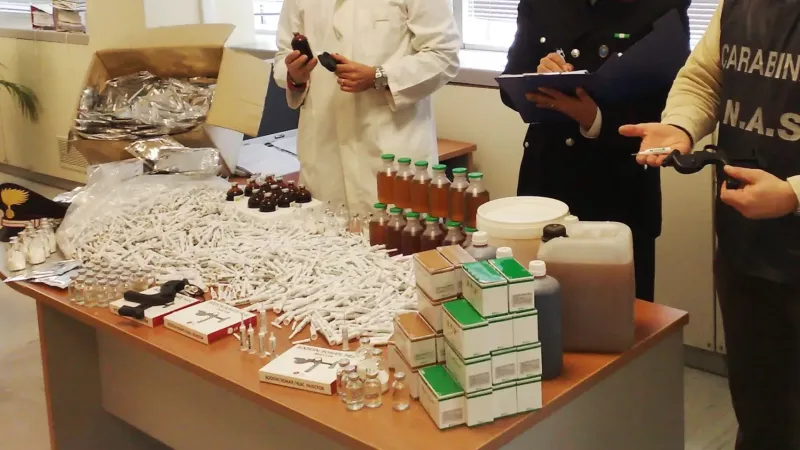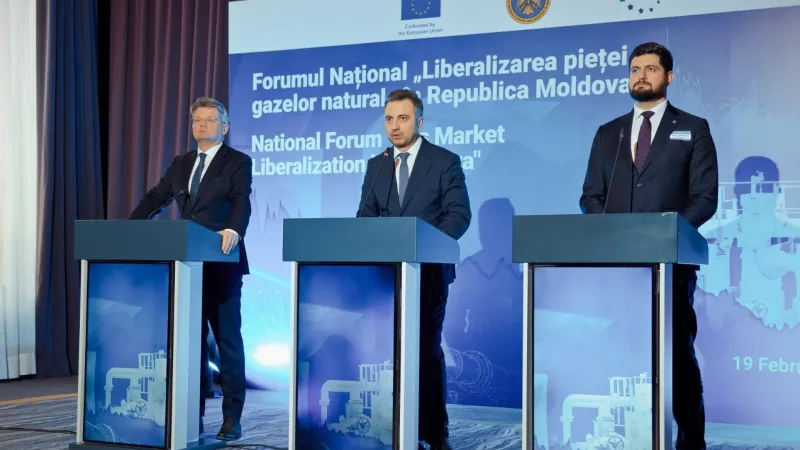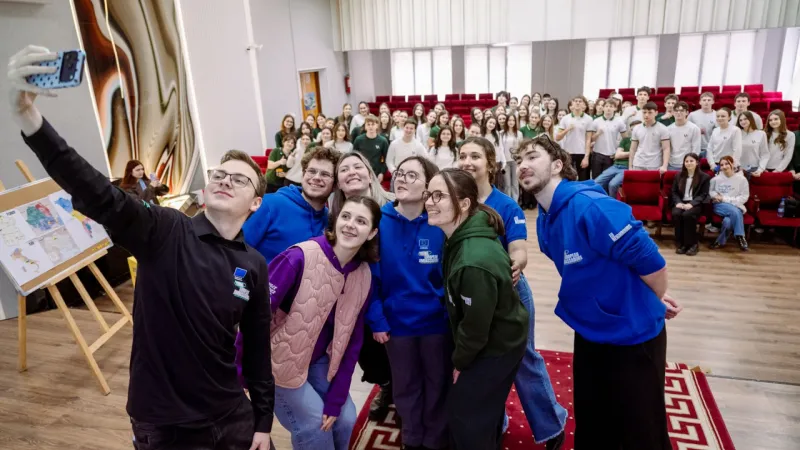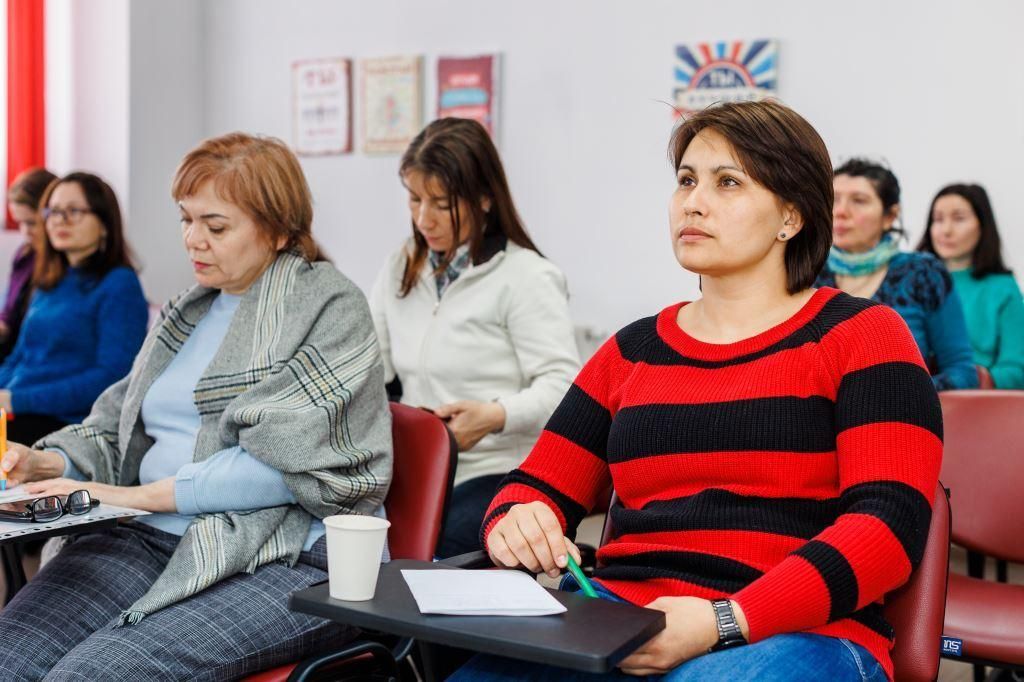
Cursuri gratuite de limbă română destinate organizațiilor societății civile din stânga Nistrului, cu sprijinul UE și PNUD
„Mi-am dat seama că pierd multe pe plan profesional și personal” – așa începe discuția Iulia Melnicenco, una dintre participantele cursului de limbă română desfășurat la Tiraspol de „Agenția pentru Dezvoltare Regională” din Tiraspol, în parteneriat cu Centrul educațional „SMART”, cu sprijinul Uniunii Europene (UE) și PNUD, oferit în cadrul Programului UE „Măsuri de Promovare a Încrederii”.
În rezultat, 25 de reprezentanți ai societății civile din stânga Nistrului au beneficiat de cursul de limbă română în regim intensiv.
„Este un proces util și necesar pentru ei. Calea este complexă, dar noi suntem dedicați, iar rezultatele la finalul fiecărui nivel sunt vizibile și conform așteptărilor. Cursanții sunt interesați să învețe”, afirmă Tatiana Mazepa, lectoră de limbă română.
„La final de curs avem 25 de reprezentanți ai OSC-urilor care au învățat româna de la zero și până la nivelul B1 inclusiv, după standardele europene de învățare a limbii străine. Cursurile de română sunt despre posibilități și oportunități”, afirmă Tatiana Yaskova, președinta Agenției pentru Dezvoltare Regională din Tiraspol.
Organizatorii cursurilor de limbă română nu s-au limitat doar la rețeta clasică de predare. Le-au oferit cursanților și alternative cum ar fi: lecții online, reuniuni tematice, ateliere de discuții la cafea în afara orelor de clasă, axate pe diverse subiecte – istorie, tradiții și obiceiuri. De asemenea, toate instruirile au fost completate și de un glosar de termeni în limba română.
„În munca noastră noi practic în permanență interacționăm cu colegii noștri de proiect de pe malul drept al Nistrului. Pentru o mai bună înțelegere și comunicare, dar și pentru realizarea proiectelor comune, cunoașterea limbii române a devenit o necesitate. Studiez limba română în format intensiv, e complicat, pentru că și programul de la muncă e încărcat. În opinia mea, fiecare ar trebui să învețe o limbă nouă, cel puțin pentru a-și crește competențele pentru început. În plus, locuim în Moldova și e necesară, totuși, cunoașterea limbii române, limbii de stat, iar pentru a circula prin țară chiar trebuie să cunoaștem această limbă”, zice Alexandr Bomeșco, participant la curs.
Printre beneficiarii cursurilor de limbă română este și Ludmila Burlaciuc, vicepreședinta Federației Naționale de Karate-Do din Republica Moldova. „Chiar demult îmi doream să studiez limba română, dar așa cum sunt antrenoare de karate, de multe ori coincidea programul de studii cu programul meu de muncă. Atunci când am aflat despre noua posibilitate de studiere, și mai ales opțiunea de cursuri online, m-am înscris imediat. În același timp, organizarea reuniunilor tematice, la care noi discutăm diverse subiecte în limba română, e o nouă modalitate de studiere pentru mine, și mai e și comodă. Eu am foarte mulți colegi/colege în România, în Moldova și atunci când ne întâlnim la diverse întreceri sportive de nivel regional și internațional, îmi doresc să fiu înțeleasă de ei, așa că acum am posibilitatea să învăț limba română și asta fac”, relatează ea.
„Rolul limbii române în managementul proiectelor a crescut și e bine să ne înțelegem partenerii de pe malul drept. Cred că aceste cursuri vor face ca parteneriatele dintre organizațiile celor două maluri să fie mai consolidate și mai multe, iar liderii vor putea participa la evenimente comune nu doar în Republica Moldova, dar și în România”, spune Roman Sandu, expert la Asociația Antreprenorilor Sociali.
Cei 25 de cursanți au fost parte a unui proiect pilot prin care cei interesați de studierea limbii române au reușit să depășească barierele lingvistice de pe ambele maluri ale râului Nistru.
Programul „Măsuri de Promovare a Încrederii”, finanțat de Uniunea Europeană și implementat de PNUD, contribuie la consolidarea încrederii între locuitorii de pe ambele maluri ale râului Nistru, prin implicarea lor în proiecte comune de dezvoltare.
